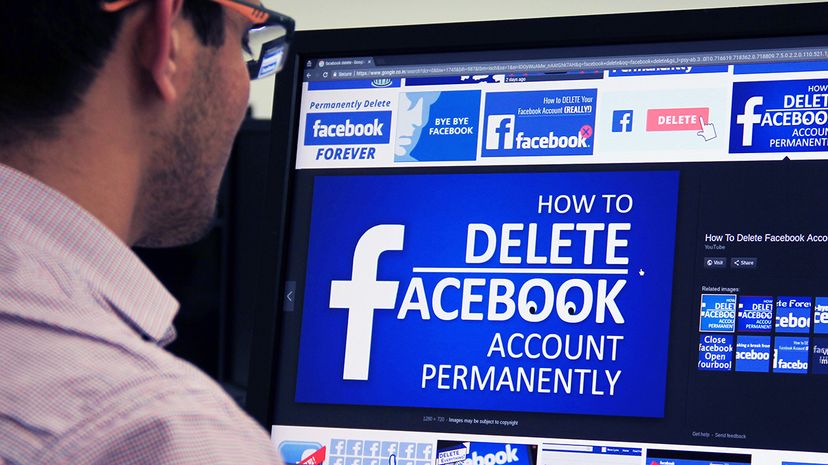This may be the first true large-scale reckoning for the information age, a 21st-century problem screaming for an immediate answer. Woodrow Hartzog, a professor of law and computer science at Northeastern and an affiliate scholar at The Center for Internet and Society at Stanford Law School, has a suggestion.
The idea, says Hartzog, should be to carefully rethink and redo the fundamental agreement between social media users and social media platforms like Facebook. The new idea, he says, should include a binding, legal agreement that platforms like Facebook shouldn't — we'll use some internet parlance here — screw you.
"When someone solicits our personal information, which is exactly what social media platforms do," Hartzog says, "then we trust them with our information. And they should be required to keep that trust."
We should trust Facebook not to screw us? Since when?
"They should be required to be discreet with our information. They should be required to be honest with us about what they're doing with that info — and that means more than just baring it in the fine print or on some privacy switch that no one's ever going to find," he says. "It means being very honest and making sure to dispel any misperceptions that we might have. They owe it to us when they solicit our trust to protect our information, to make sure that it doesn't get hacked, to follow up when they share information with third parties to make sure that they're treating it appropriately. If it's been de-identified, they need to keep it de-identified.
"And then, most importantly, in the modern data age, I think that when companies ask for our trust, they should be loyal to us," Hartzog adds. "In other words, they should not elevate their own interests, or the interests of a third party, over our interests. Because they're the ones that asked for our information."
That, of course, is all very noble, quite consumer-friendly, probably even the right thing to do. But Facebook is a business, and like all businesses, trust can be hard to monetize. These businesses might be even harder to, as Hartzog suggests, regulate.
"Trust isn't a concept that is foreign to the law. We have regulatory regimes that exist like this," he insists. "Your accountant owes you those sorts of duties of trust. Your doctor owes you those duties of trust. The mass collection of information is becoming such a powder keg that I think that platforms should be required to give that same duty of trust to us."

